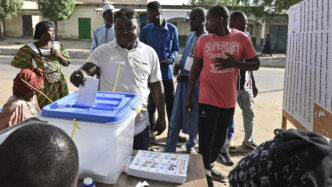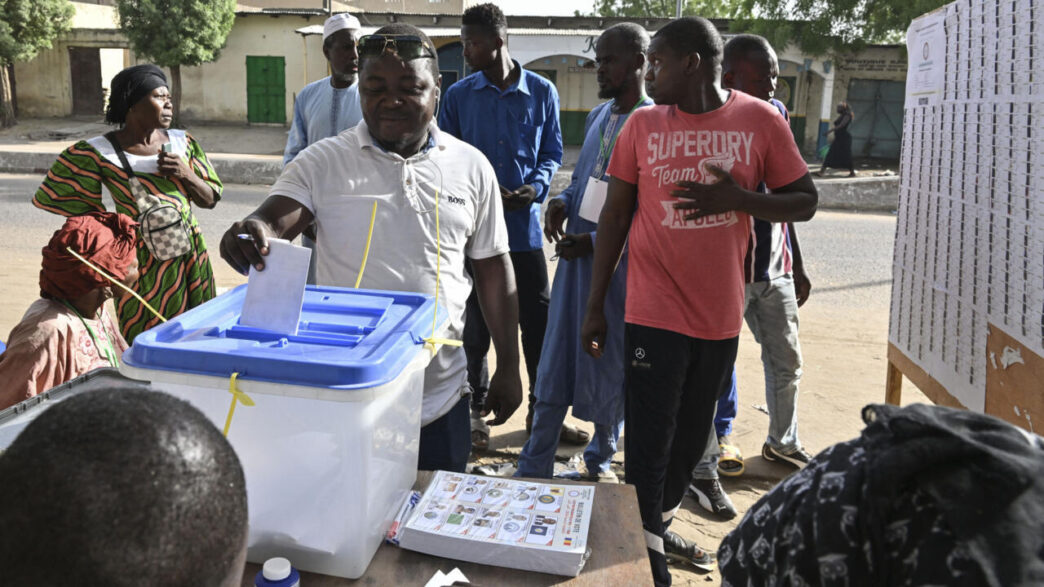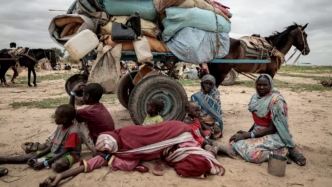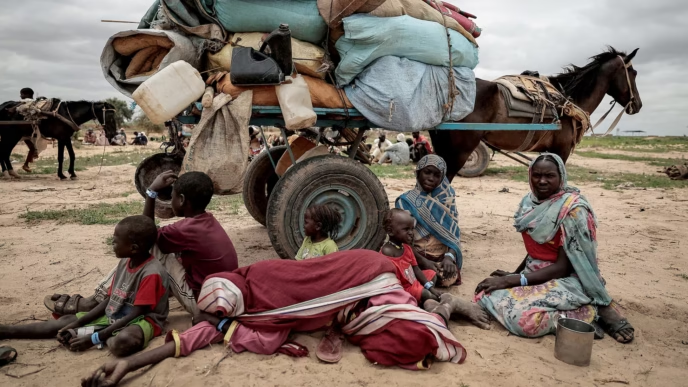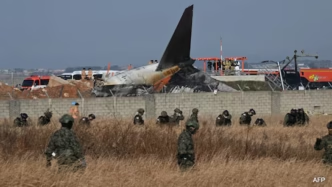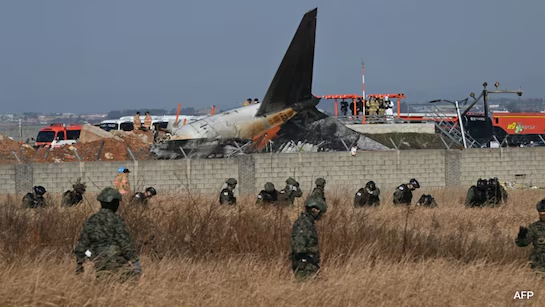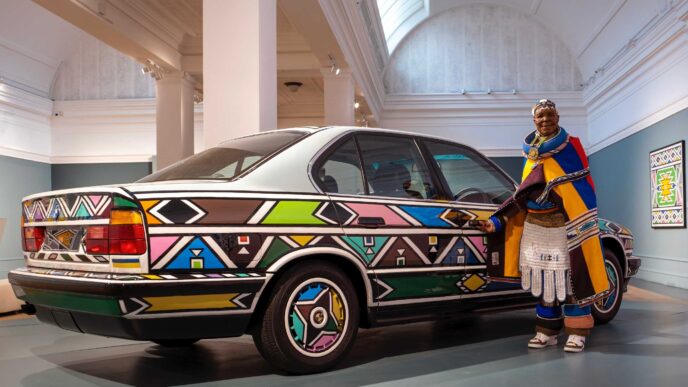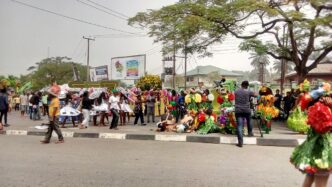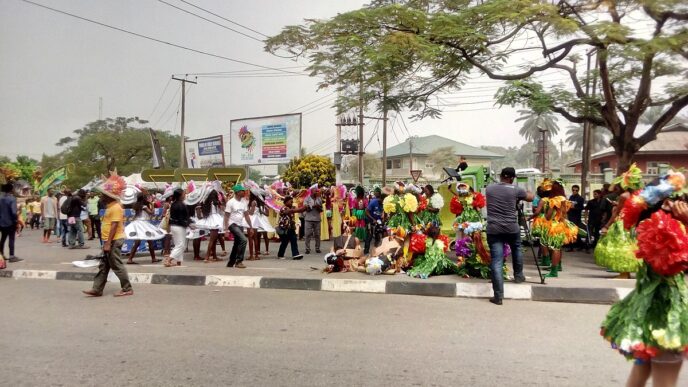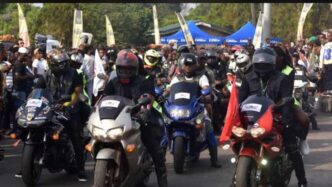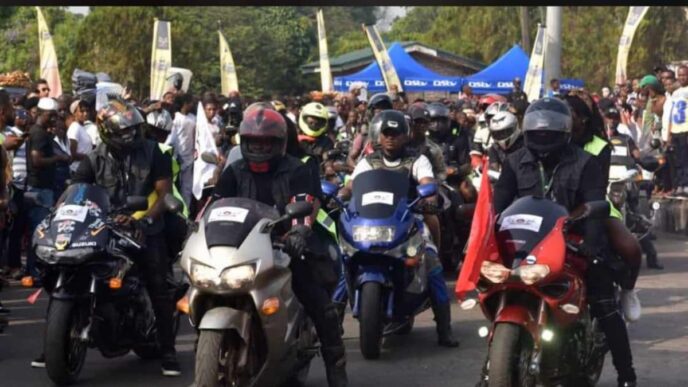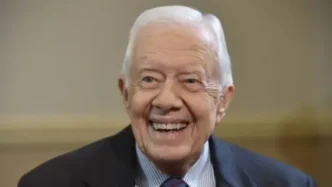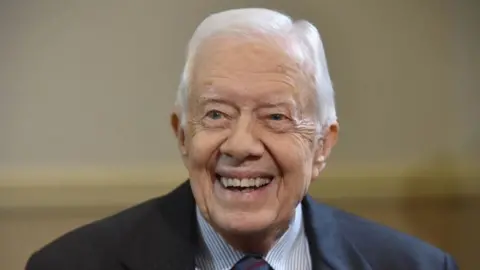Chad held its general elections yesterday, with President Mahamat Idriss Deby Itno presenting them as a crucial step toward democracy.
However, the opposition’s widespread call for a boycott has cast doubt on the process, intensifying debates about the elections’ legitimacy.
On December 28, 2024, members of Chad’s armed forces and nomadic tribes turned out to vote ahead of the general public, who are set to cast their ballots on December 29.
This logistical arrangement aims to accommodate the complexities of reaching remote regions. Despite these efforts, skepticism looms large, particularly in urban centers like the capital, N’Djamena.
“People feel indifferent,” reported Catherine Soi from Al Jazeera. “They don’t expect changes. Bread-and-butter issues like the cost of living, corruption, and nepotism dominate their concerns.”
The opposition, led by the Transformers party, has dismissed the elections as a sham orchestrated to entrench the ruling Patriotic Salvation Movement (MPS) party’s grip on power. “No campaign, no vote,” the party declared in a Facebook post, urging citizens to stay home.
Despite the boycott, estimates suggest significant participation among soldiers and nomadic tribespeople, with about 45 percent casting their votes by midday on Saturday. Senior election official Ousmane Houzibe described the process as proceeding “normally,” emphasizing that military personnel were voting freely.
The elections occur amidst persistent challenges, including Boko Haram’s insurgency in the Lake Chad region, Chad’s contentious withdrawal from a military accord with France, and allegations of interference in Sudan’s internal conflict. These factors add complexity to an already contentious political landscape.
President Deby, who assumed power in 2021 after the death of his father, Idriss Deby Itno, has framed the elections as a milestone in Chad’s three-year transition to democratic governance.
Yet, analysts like Mamadou Bodian express reservations. “The electoral body is seen as dominated by ruling party loyalists, raising serious concerns about the process’ independence,” Bodian said. The lack of international observers and an opaque vote-counting system exacerbate these doubts, eroding trust in the electoral process.
This distrust reflects broader questions about Chad’s democratic future. While some view the elections as a step forward, others argue they merely reinforce existing power structures.
As the nation heads to the polls, one pressing question remains: Can these elections truly pave the way for democracy, or are they a calculated move to consolidate power?
Read More:
